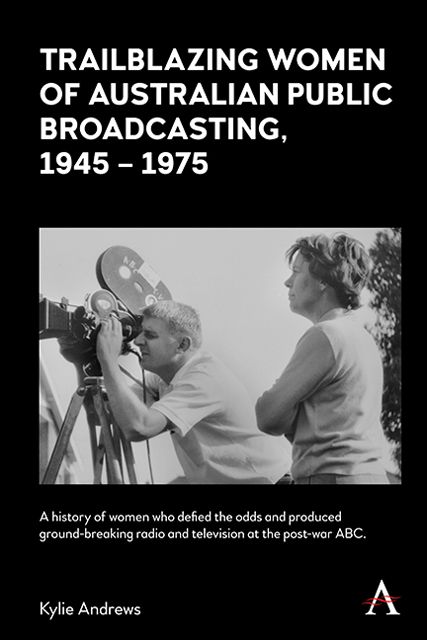Book contents
- Frontmatter
- Dedication
- Contents
- List of Figures
- List of Abbreviations
- Preface
- 1 Introduction
- 2 Career Snapshots
- 3 Welcome to the ABC, Ladies
- 4 The New Nation-Builders
- 5 Talent Was Not Enough
- 6 Thinking Outside the Box
- 7 Timely Escapes and Bittersweet Homecomings
- 8 International Adventures and Global Networking
- 9 Farewell to the ABC
- 10 Epilogue
- Reference List
- Index
3 - Welcome to the ABC, Ladies
Published online by Cambridge University Press: 09 December 2022
- Frontmatter
- Dedication
- Contents
- List of Figures
- List of Abbreviations
- Preface
- 1 Introduction
- 2 Career Snapshots
- 3 Welcome to the ABC, Ladies
- 4 The New Nation-Builders
- 5 Talent Was Not Enough
- 6 Thinking Outside the Box
- 7 Timely Escapes and Bittersweet Homecomings
- 8 International Adventures and Global Networking
- 9 Farewell to the ABC
- 10 Epilogue
- Reference List
- Index
Summary
Anyway, he called me down and he said ‘Look this application of yours for Talks’, he said. ‘It's very difficult’, he said. ‘I know you could do it […] but we don't give those jobs to women’. And I said ‘Well, why not? I can do it and I can do it better than most of the other people who have applied.’ And he said, um ‘yes, but we don't give jobs that, Talks jobs, to women. Because you might get married again.’ And I said, ‘Well I’ve got no intention of getting married again, I would like the job!’ And he said, ‘Well, I’ll do my best for you but […]’ And the jobs at that time were given to people sitting in a seat long enough. You could be a driver, with no experience of broadcasting, but you could get to be programme director! And the person that pipped me for that job was a [male] clerk of some kind who’d never done a day's work in the studio, and he became studio manager.
What was it like for women to work in public broadcasting after the war? The anecdote above, shared anonymously by a retired ABC radio producer, gives us an insight into the dilemmas facing women working in broadcasting between the 1940s and 1970s. The traditional paradigm of the dutiful married woman pervaded post-war workplaces, and the ABC was no exception. Despite pursuing a democratic, socially conscious remit, the organization was nevertheless a product of its environment and through its staff manifested conservative social conventions that prioritized male identity and authority. The ABC adopted a paradoxical approach to women in the post-war decades. On the one hand, it allowed ‘exceptional’ female production staff to defy gender conventions and was proud of their ground-breaking programming. (Kay Kinane, Catherine King, Therése Denny and Joyce Belfrage belong to this cohort). On the other, the organization systematically entrenched the sexual division of labour and fostered screen cultures that compromised women's status in public life. In the post-war years, the ABC's female staff were often seen as temporary interlopers, simply on a detour from their predetermined, ‘natural’, domestic duties. For this reason, the bulk of women were forced into pathways that constrained female staff into superficial, supportive roles.
- Type
- Chapter
- Information
- Publisher: Anthem PressPrint publication year: 2022

